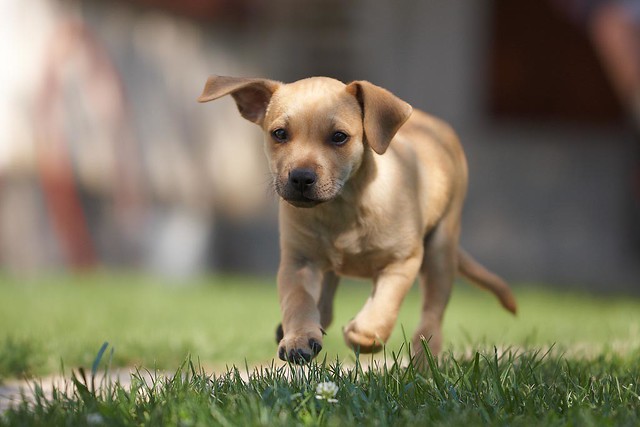Why Diet & Exercise are Critical to Your Pet's Health
Posted by Max Gottlieb on 4th Nov 2015

Obesity in pets has become a major problem over the past two decades. Our beloved dogs and cats are falling victim to this problem right under our noses. Being obligate carnivores, meaning they require meat to sustain life, cats are actually at a much greater risk of becoming overweight and obese. Thanks to the heavily marketed grain-centric diet that’s based on a foundation of corn, wheat and other poor excuses for feline food, our animals suffer the consequences. And because cats have a shorter lifespan than we do, deficiencies in diet and lack of physical activity have a more immediate effect on their well-being, leading to chronic issues at a younger age.
Canines have evolved to absorb nutrition from plant based sources of food, which makes meal planning exclusively with meat unnecessary. However, research continues to prove that a diet revolving around a 3-1 meat to vegetable/grain ratio minimum is ideal for proper health – this means at least 75% of your dog’s food should be a high quality meat source, preferably raw and organic. Remember that when feeding with beef, whether raw or cooked, always be sure it grass-fed and pasture-raised. In many cases, additional supplementation of high quality vitamins/minerals and other specific nutrients is necessary to achieve and maintain vibrant health.
In the United States, nearly 40 percent of all dogs seen by veterinarians are considered overweight, many of them clinically obese. This statistic is very revealing, sending a clear message to dog owners to at least take 15-20 minutes out of the day to go play outside or go on a nice walk to get the blood flowing. Remember, overweight and obese dogs are vulnerable to the same health problems we are, including arthritis, back issues, cardiac complications, skin problems, difficulty breathing and even increased risk of cancer.
Is your dog always barking? Maybe you can’t figure out the reason your cat whines uncontrollably throughout the day - is it lack of attention? No doubt, these types of things may be an indicator of the need for more interaction or physical affection. But more often than not, these displays of anxiety and restlessness can be attributed to two things: poor diet and lack of exercise. Fortunately, once these physical and dietary deficiencies are addressed, you can help your beloved pets live a long, happy and healthy life!